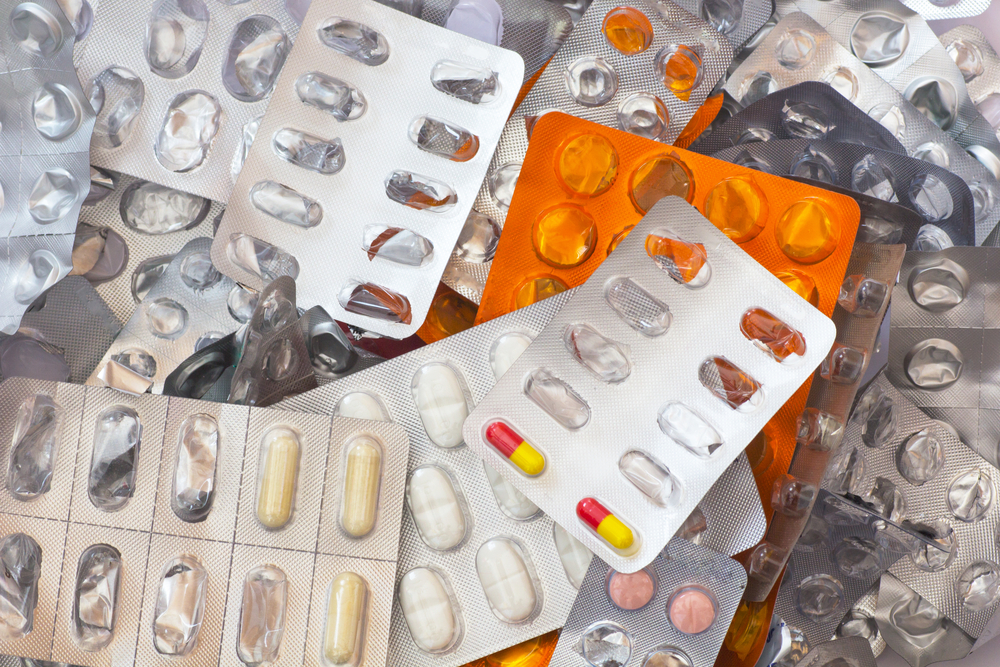Safeguarding Our Communities: The Importance of Proper Narcotics Disposal and Medical Waste Handling – Explore the importance of narcotics disposal and its connection to safe medical waste handling.
The responsible disposal of narcotics and safe medical waste handling are important practices that must work side by side. These critical components ensure to safeguarding our communities and the well-being of individuals and the environment. Properly managing narcotics disposal not only prevents the diversion of controlled substances but also mitigates the potential harm to people and the planet.
Let’s take a closer look at the importance of narcotics disposal and its connection to safe medical waste handling.
Narcotics Disposal: A Necessity
The improper disposal of narcotics can lead to what is known as drug diversion. This is where these potent substances end up in the wrong hands. This not only poses a serious public health risk, but diverted drugs can also contribute to addiction, overdose, and even criminal activities.
Flushing or tossing narcotics down the drain when it comes time to dispose of them is problematic too. This can lead to water contamination and harm aquatic life. Proper disposal methods, on the other hand, ensure that these substances do not find their way into our ecosystems.
For any waste generator – from healthcare facilities and pharmacies to law enforcement agencies – there is a need to comply with federal and state regulations regarding the disposal of these controlled substances and non-compliance can result in legal consequences and penalties.
Safe Medical Waste Handling: A Broader Perspective
Beyond just the narcotics aspect, healthcare facilities generate a wide range of medical waste, including sharps, infectious materials, and contaminated supplies. Safe medical waste handling protocols protect healthcare workers, patients, and the public from potential infections. It’s also a way to foster environmental stewardship. Becuase this waste can be hazardous to the environment, proper segregation, storage, and disposal of medical waste can reduce the risk of soil and water contamination, ensuring an overall healthier planet.
Plus, managing medical waste appropriately prevents accidental exposures to hazardous materials. Needles and other sharp objects, if not disposed of correctly, can pose a threat to sanitation workers and the general public.
By adhering to best practices and regulations, we can protect individuals, communities, and the environment from harm. Contact MedXwaste today and continue to prioritize these practices to ensure the well-being of all.
You Might Also Like:
- It’s Flu Season: Waste Management Solutions for Vaccines
- What Happens to Medical Waste When It Leaves Your Facility
- What is Cradle to Grave Processing?

Service Areas: Long Island Medical Waste; New York City Medical Waste; Westchester Medical Waste; and more.


